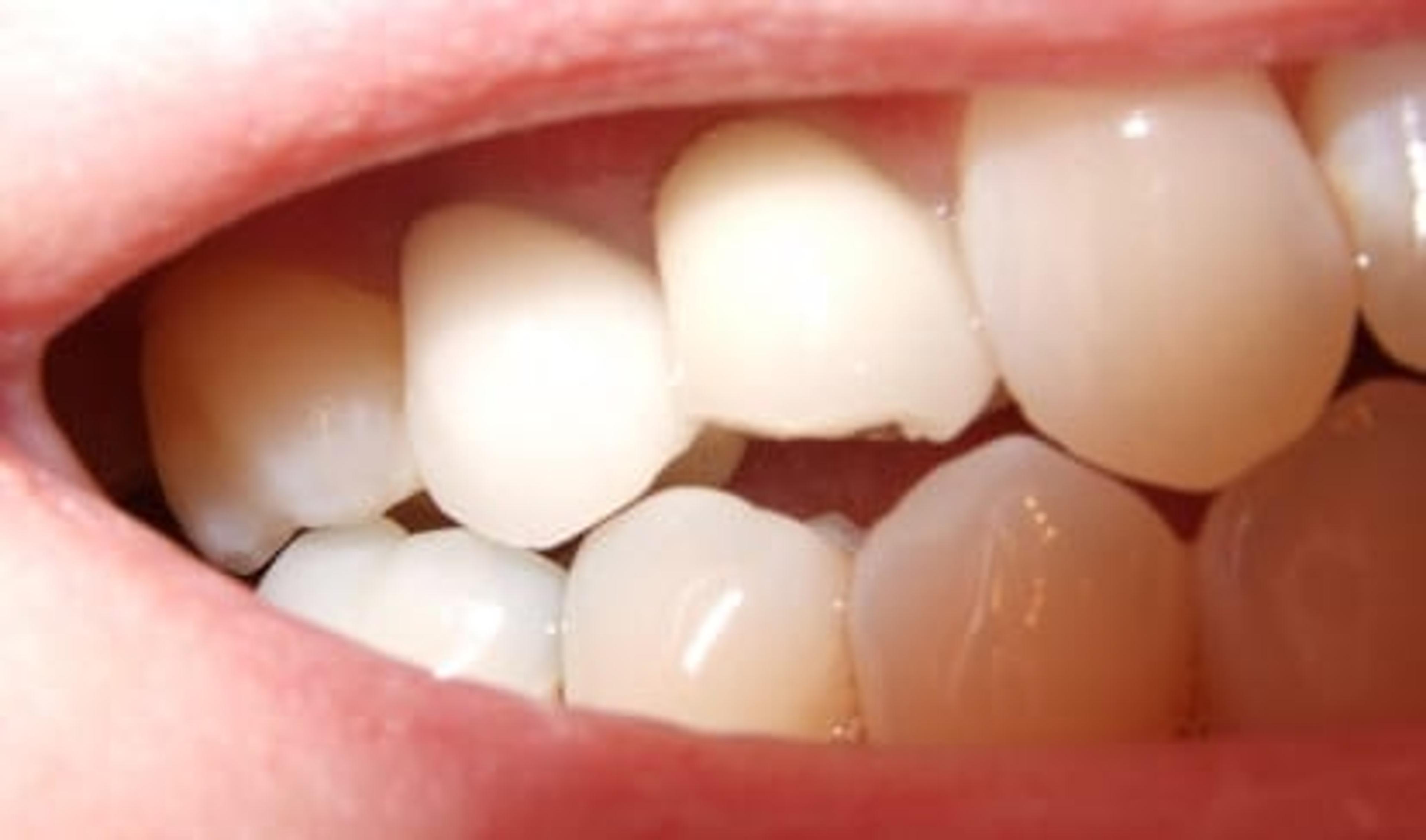How-To: Handle a dental emergency

Dr. Gary Vance
| 2 min read

Accidents happen – even to your mouth. The good news is with quick action and proactive measures, you can make sure your dental emergency doesn’t escalate further into a serious problem, permanent damage or even extensive treatment in the long run.
I’ll walk you through some of the most common dental problems today and what the American Dental Association (ADA) recommends you do if you find yourself in one of these circumstances.
Chipped or Broken Tooth
- First and foremost, stay calm!
- Rinse your mouth with warm water to clean the area.
- Apply cold compressions to the outside of the mouth to keep swelling down and relieve pain.
- Contact your dentist immediately.
Toothaches
- Rinse your mouth with warm water.
- Use dental floss to ensure no food or debris is caught between teeth.
- Never put aspirin or any other painkiller against the gums near the aching tooth, as it may burn the gum tissue.
- If pain persists, contact your dentist.
Soft-Tissue Injuries (bleeding to the tongue, cheeks, lips or gums)
- Rinse your mouth with mild salt-water solution.
- Use a moistened piece of gauze or tea bag to apply pressure for 15-20 minutes to the bleeding area.
- Hold a cold compression to the outside of your mouth to control bleeding and relieve pain.
- If the bleeding doesn’t stop, visit the hospital emergency room immediately.
Dental emergencies can be prevented. According to the ADA, there are a number of precautions you can take to avoid injury to your teeth:
- When participating in athletics, always wear a mouth guard.
- Avoid chewing ice, popcorn kernels or hard candy – all of which can crack a tooth.
- Don’t use your teeth as tools. When cutting tape or other items, always use scissors.





